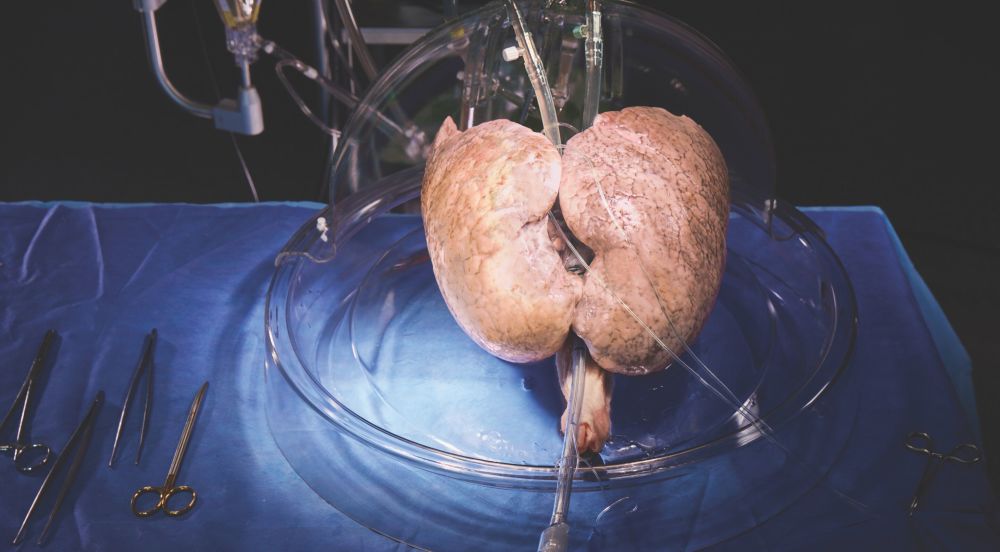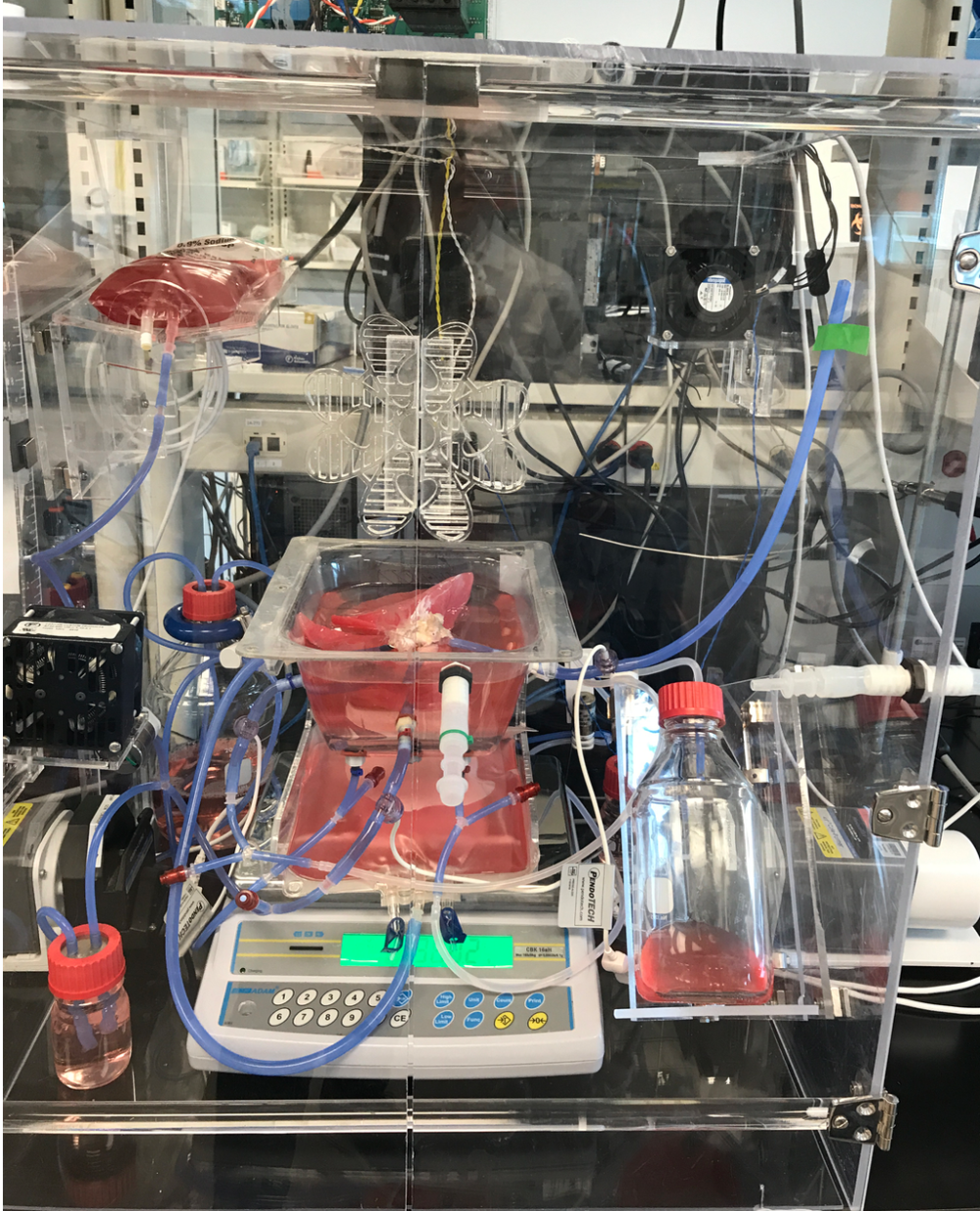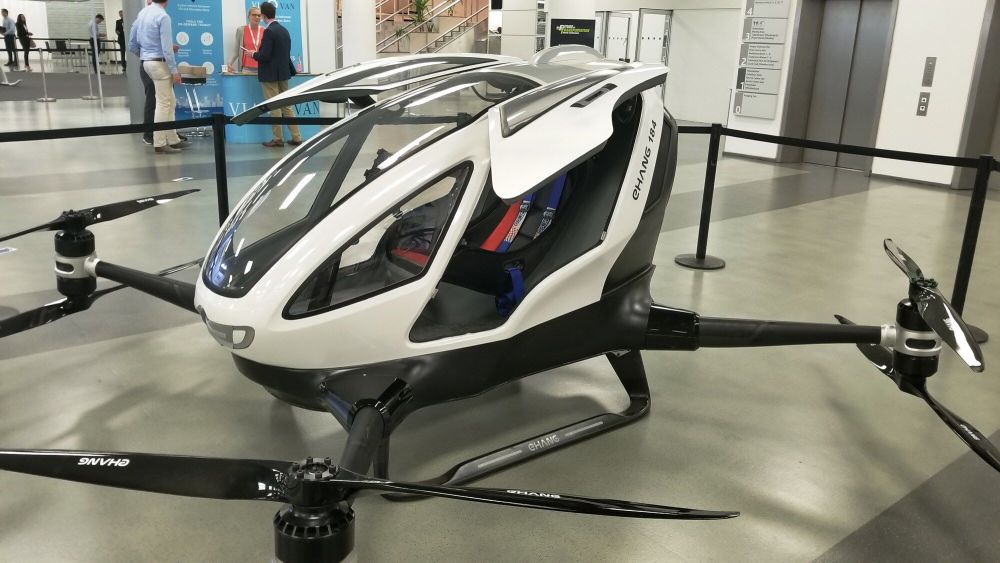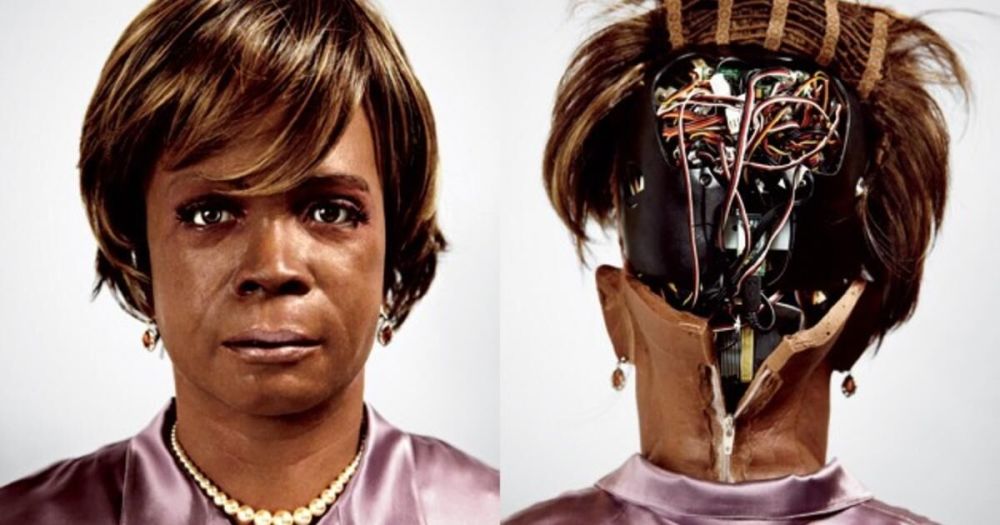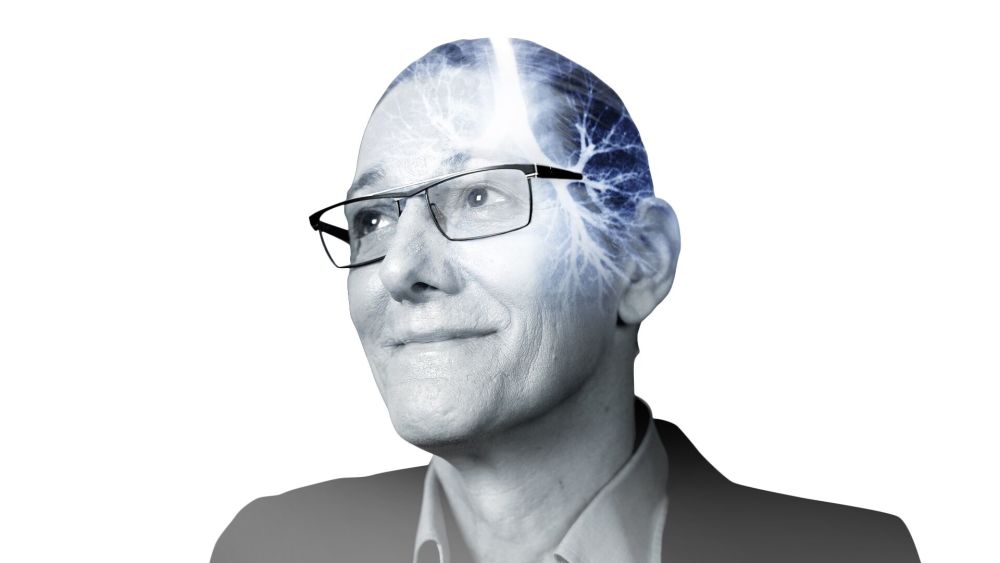Martine Rothblatt is a visionary entrepreneur, futurist, philosopher, and businesswoman. After pioneering both satellite radio (Sirius XM) and a progenitor of GPS technology (GeoStar Corp), Martine founded medical biotech company United Therapeutics. Along the way, she earned a Ph.D. in medical ethics, changed genders, created a billion-dollar company, and became the highest-paid female CEO in the country and a leading voice in the transhumanist movement. Now Martine has another moonshot goal: to create an unlimited supply of 3D-printed, transplantable organs by the end of the next decade.
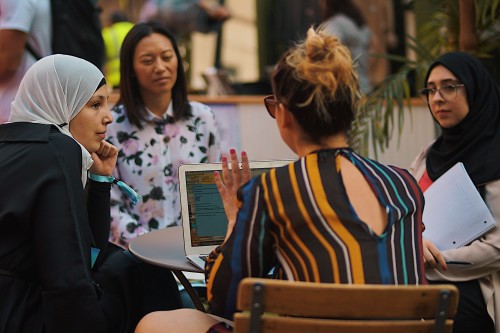
Summit Fellows on the Frontlines
Read Article
Nancy Lublin is Saving Lives with Big Data
Read Article
Meet the artists trying to save democracy — one billboard at a time
Read Article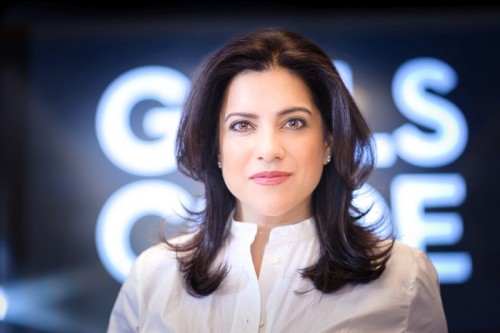
Girls Who Code founder, Reshma Saujani, is starting a bravery revolution
Read Article
Learn the Wim Hof Method in just 3 steps
Read Article
Tricks for building instant relationships from the FBI's top negotiator
Read Article